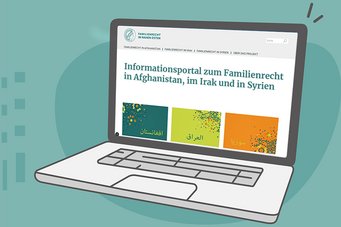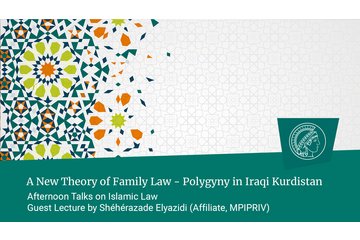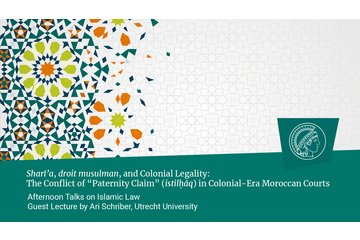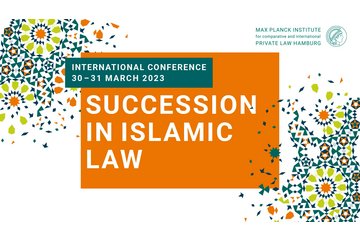Access to Afghan family law for legal practice
When addressing civil law issues with an international aspect, German courts frequently need to apply foreign law. For a number of years, the Institute has been supporting the resolution of family law issues relating to Iraq and Syria by making legal materials and commentaries available online in German. The information portal has now been supplemented with up-to-date information on Afghan law.
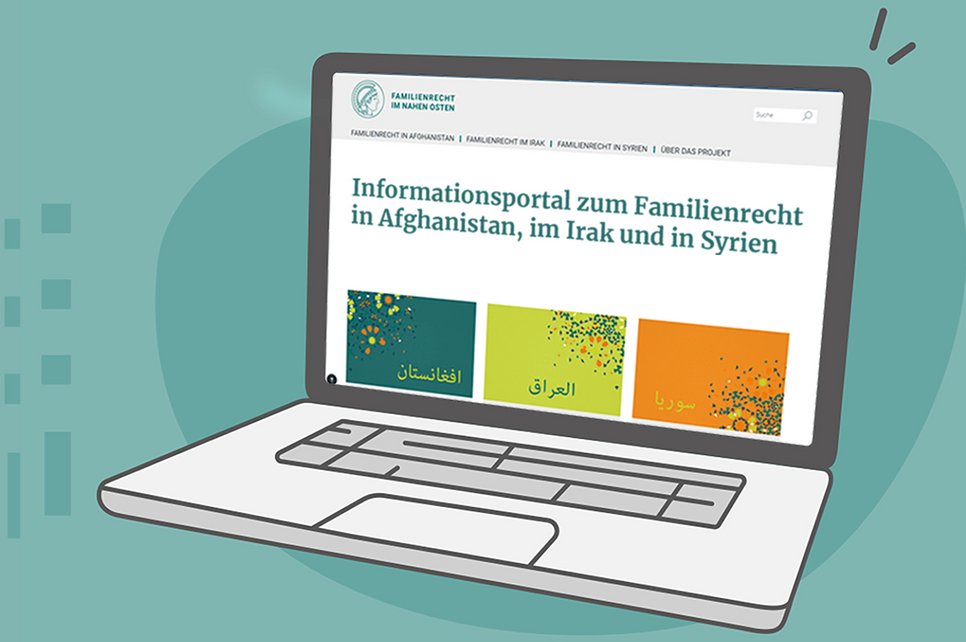
The relaunching of the expanded information portal on family law in the Middle East (www.familienrecht-in-nahost.de) took place as part of a training event which was held at the Institute on 26 June 2024 for Hamburg’s Regional Association of Civil Registrars (Landesverband der Hamburgischen Standesbeamten e. V.).
The information provided on the portal is geared towards German courts and authorities that have to determine the existence of family law relationships, such as in the course of asylum proceedings. It brings together the results of a research project launched in 2016 which aims to provide answers to a number of specific practical questions: Under what conditions can a religious marriage be recognized in Germany? How should original documents from Iraq, Syria, or Afghanistan be assessed? How is a decision to be made if no documents are available? The data gathered as part of the online project, which is financially supported by the Federal Ministry of Justice, is constantly updated.
"Afghan, Syrian, and Iraqi family law is largely based on Islamic law, the structure and concepts of which often seem foreign to German legal understanding. Thus, it was important for us to supplement the translation of legal texts with commentaries explaining the cultural and social background, and, in the case of Afghanistan, also explaining political structures and disruptions," says Nadjma Yassari, head of the Institute’s research group on the law of Islamic countries. "With this information portal – a project based on years of fieldwork and foundational research and one which has also involved Afghan, Syrian, and Iraqi legal scholars and practitioners – we want to provide German administrative authorities and judicial officials with a resource that is both academically sound and practical."
Image: © Max Planck Institute for Comparative and International Private Law / Johanna Detering
